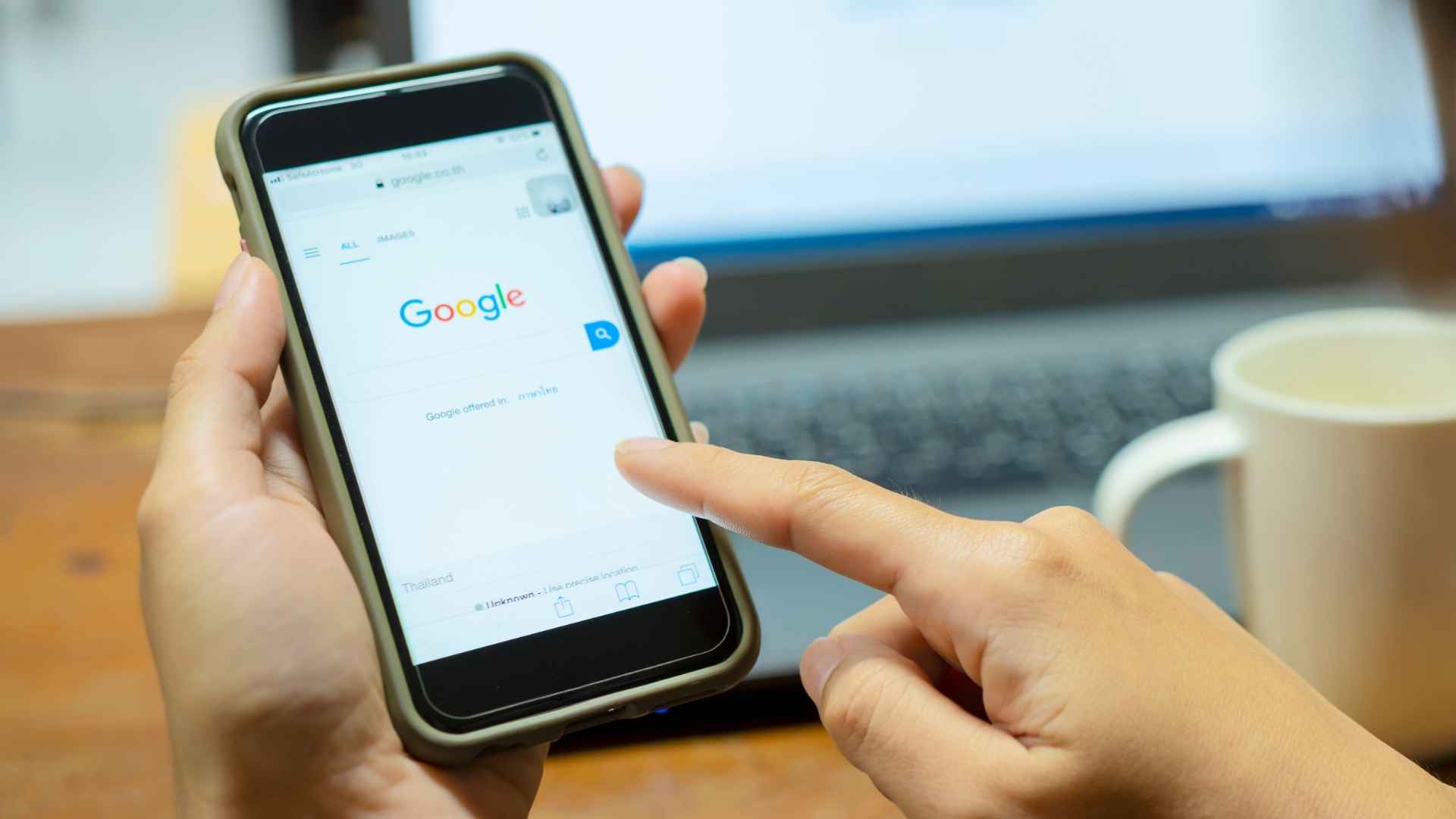An appeals court has ordered sweeping changes to Google’s Android marketplace, and the countdown has already started.
Google’s window to begin dismantling key sections of its Play Store monopoly is now just two weeks. A federal appeals court has upheld Epic Games’ landmark antitrust victory, forcing the Mountain View giant to rewrite policies it has enforced for more than a decade—policies that shape how every Android phone in the United States works.
The ruling affects millions of users and developers. Miss the deadline, and Google could face additional sanctions while consumers wait for a more open app ecosystem. So, what exactly must change—and when?
What the court’s few-day deadline means for Android users and developers
According to court filings, Google has 14 calendar days from the order’s issuance to start rolling out policy revisions. The company briefly secured an emergency pause, but the stay is temporary. In plain English, Google must show concrete progress this month or risk contempt. Before diving into specifics, here’s a snapshot of the critical dates:
| Milestone | Court requirement | Earliest possible impact |
|---|---|---|
| Day 0 | Court confirms verdict and sets deadline | — |
| Day 14 | Google files first compliance report | Initial policy tweaks begin |
| Month 8 | Secure framework for third-party stores inside Play | Early 2026 launch window |
Timeline based on official court documents and Google’s own filings.
Wondering how this affects your favorite game? Developers should soon be allowed to steer you toward cheaper payment methods—without fearing a Play Store ban. Here, the key Play Store policies that Google must unwind under the ruling:
- Billing freedom: No more compulsory Google Play Billing. Apps may direct users to outside payment portals.
- External downloads: Developers can legally link to APK files or alternative app stores from inside their apps.
- Reduced pre-install exclusivity: Manufacturers and carriers can negotiate preloads beyond Google’s own store.
Google argues the timetable is “an emergency” that could expose users to phishing or malware. However, the court found those security concerns do not outweigh competition law.
How and when third-party app stores could appear inside Google Play
The biggest shift—a secure pathway for rival storefronts inside the Play Store—carries an eight-month engineering grace period. Why so long? Judges acknowledged the technical lift required to vet external stores without compromising device safety.
Consequently, U.S. consumers are unlikely to browse an Epic Games Store tile within Play until sometime in 2026. Still, smaller wins will land far sooner: lower in-app prices, clearer checkout options, and, perhaps, fewer headaches for subscription management.
Developers should prepare compliance documentation now, while everyday users can watch for app updates promising new payment choices. Curious whether Google will hit the deadline? We’ll know in just days.

